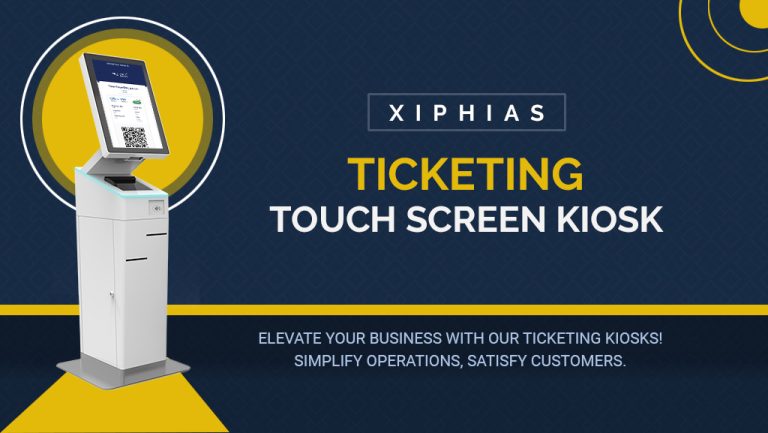The Future of Airline Ticket Booking: Exploring Kiosks and Self-Service Options
Airline Ticket Booking will change significantly in the future as technology continues to change how we travel. The days of obtaining a boarding permit by standing in a large queue at the airport counters are long gone. The airline business is undergoing a change as a result of the emergence of self-service alternatives and cutting-edge kiosks, which provide travelers with convenience, economy, and a peek into the future. Let’s explore the fascinating world of self-service ticket purchasing and the prospects it offers.
The Evolution of Airline Ticket Booking
Booking an airplane ticket has undergone tremendous change throughout time. Travelers have seen a digital revolution that has streamlined the booking process, from conventional travel companies to internet booking platforms. Self-service alternatives are the next development in this process, giving travelers more control over their travel arrangements and streamlining their time in airports.
Empowering Travelers with Self-Service Kiosks
Self-service kiosks are already commonplace in airports all around the world. Travelers may easily check in, choose seats, print boarding cards, and even check bags using these touchscreen terminals without having to speak to anyone. Self-service kiosks take the pain out of long lines and provide a more individualized experience by giving users the freedom to control their journey autonomously.
Efficiency and Time Savings
One of the primary advantages of self-service kiosks in ticket booking is the efficiency they bring to the process. Travelers can breeze through check-in procedures, especially for domestic flights, saving precious time that can be better spent exploring the airport or relaxing before departure. This efficiency not only enhances the traveler’s experience but also contributes to improved on-time performance for airlines.
Contactless Travel in a Post-Pandemic World
The global pandemic has underscored the importance of minimizing physical contact in shared spaces. Self-service kiosks have taken on renewed significance as they offer a contactless alternative for various travel-related tasks. From scanning passports to printing baggage tags, these kiosks reduce the need for interactions with airport staff, enhancing both passenger safety and peace of mind.
Personalization through Technology
As technology continues to advance, self-service kiosks are becoming more than just transactional tools. They can be integrated with passenger data systems to offer personalized recommendations and services. For instance, a kiosk might suggest nearby dining options or provide information about connecting flights based on the traveler’s itinerary. This level of personalization elevates the overall travel experience.
The Role of Mobile Apps in Self-Service
In addition to physical kiosks, airline ticket booking is increasingly being facilitated through mobile apps. Travelers can check in, receive electronic boarding passes, and receive real-time flight updates all from the convenience of their smartphones. The integration of mobile apps with self-service kiosks and airport processes presents a seamless, end-to-end travel experience that fits in the palm of your hand.
Challenges and Opportunities
While self-service options offer numerous benefits, there are challenges to consider. Some travelers, particularly older individuals or those less comfortable with technology, might face difficulties using these systems. To address this, intuitive user interfaces and assistance from airport staff can bridge the gap. Furthermore, the future of self-service ticket booking lies in making these solutions universally accessible and user-friendly.
Anticipating Future Innovations
The future of airline ticket booking is poised for continued innovation. Facial recognition technology could eliminate the need for physical documents, creating a frictionless experience from check-in to boarding. Artificial intelligence and machine learning could power predictive analytics, assisting travelers with rebooking options in case of disruptions. The integration of biometrics, such as fingerprint scanning, could enhance security while speeding up processes.

